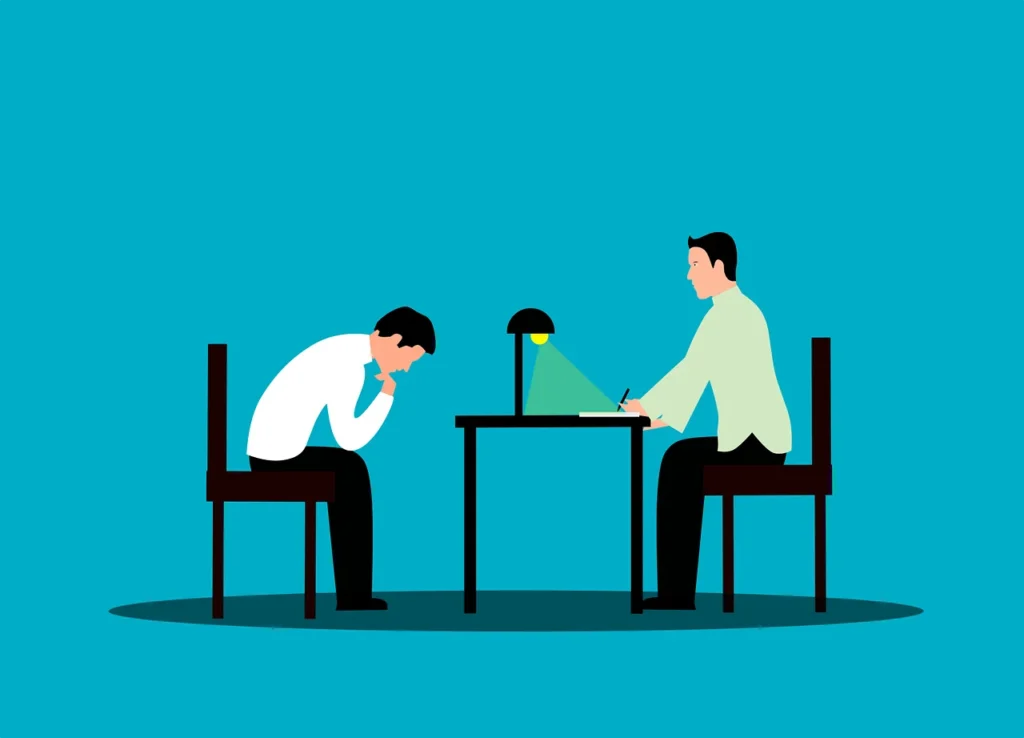
when should someone talk to a mental health professional about unwelcome thoughts or emotions? : We all experience unwelcome thoughts and emotions from time to time. Maybe it’s a wave of anxiety before a big presentation, or a bout of sadness after a fight with a loved one. These are normal human experiences. But how do you know when these unwelcome guests have overstayed their welcome and it’s time to call in a professional?
Here are some signs that it might be time to talk to a therapist or counselor
- Intensity and Duration: Unwelcome thoughts and emotions become a problem when they are stronger or last longer than usual. Occasional intrusive thoughts don’t necessarily require intervention. However, if you’re experiencing persistent feelings of sadness, anger, fear, or hopelessness that are significantly impacting your daily life, it’s a good idea to seek help.
- Daily Life Disruption: Are your unwelcome thoughts and emotions interfering with your ability to function? This could be anything from struggling to concentrate at work to neglecting your personal hygiene or relationships. If your mental health is making it difficult to live your life, a therapist can equip you with coping mechanisms to manage these challenges.
- Feeling Overwhelmed: We all face stress, but if your thoughts and emotions are constantly overwhelming you, it’s a sign you might need professional support. This could be constant fear, sadness, anger, or even sudden mood swings. Therapists can help you develop healthy coping mechanisms to deal with these overwhelming feelings.
- Unmanageable Thoughts: If you’re struggling with intrusive thoughts that feel out of your control, especially if they are violent or suicidal, talking to a mental health professional is crucial. They can help you understand the root of these thoughts and develop strategies to manage them safely.
- You’ve Tried Coping Alone: It’s commendable to try and manage your mental health on your own. There are many self-help resources available, from meditation apps to mindfulness exercises. However, if you’ve tried these strategies and haven’t seen improvement, a therapist can offer personalized guidance and support.
Remember, seeking help is a sign of strength, not weakness
A mental health professional can be a valuable partner in understanding your thoughts and emotions, developing healthy coping mechanisms, and improving your overall well-being.
Here are some resources to help you find a therapist
- The National Alliance on Mental Illness (NAMI)
- The American Psychological Association (APA)
- The Jed Foundation: focuses on mental health resources for teens and young adults
Don’t wait until your unwelcome thoughts and emotions become unbearable. Take charge of your mental health and reach out for help today.
